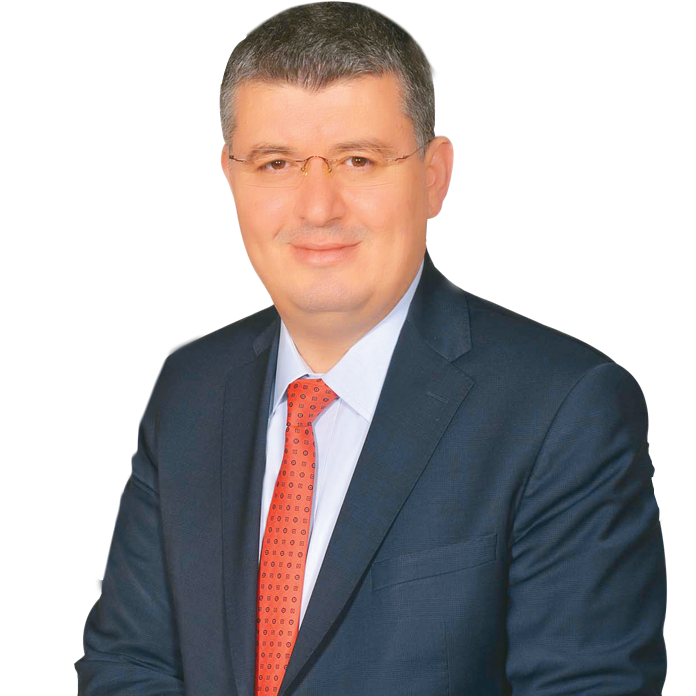Just as putting all your eggs in a single basket poses a risk, so do policies, initiatives and agreements made.
It would be more appropriate to simultaneously evaluate the risks and advantages of the peace corridor agreement in Syria Turkey signed last week with the U.S.
A major part of Turkey’s safe zone agreement with the U.S. is being kept secret, which is obviously a part of the deal.
Topics such as which areas the safe zone would encompass, or its length and depth have not been disclosed to the public.
This being the situation, we can only make some predictions with regards to the safe zone by reading between the lines of the statements made.
It is known that the deal was made by including in it the towns of Tel Abyad and Ras al-Ayn, the center of the military preparations for the east of the Euphrates River in Syria, which are directly across from Şanlıurfa’s Akçakale and Ceylanpınar districts.
The latest military buildup on the border has intensified in the same area.
When Tal Abyad and Ras al-Ayn had been occupied by YPG terrorists during the summer of 2015, Arabs living in these regions had fled to Turkey in a frenzy of panic.
So the majority of these cities are made up of Arabs.
It is well-known that Ankara’s policy and suggestions for Syria’s future take into consideration the pre-war demographic structure of the country.
When all this is taken into account, we can speak of the safe zone with the U.S. possibly encompassing these regions.
If we add to this the fact that there’s also a declaration of intent in the agreement regarding the return of Syrians living in Turkey to their country, it would be clever to closely follow the lands that are situated in northern Syria opposite Turkey’s border province Şanlıurfa in the upcoming period.
Returning Syrians to their lands is not the only reason Turkey is keeping a close eye on these territories.
Following the YPG occupation of Tel Abyad and Ras al-Ayn, the disconnection between the so-called cantons had been dissolved, and Kobane and Hasakah had conjoined the so-called cantons.
This has led the PKK/YPG to homogenize the map in that area; the PKK zone project, which Ankara had deemed as a critical threat, had made significant progress.
If these areas are incorporated into the safe zone and the YPG terror group is satisfactorily expelled, these so-called cantons will have to bid goodbye to each other once again. This means that the so-called YPG map will return to what it was in 2015, that it will be divided once more.
Actually, the fact that Ankara perceives this region as a threat is not only limited to the situation that has materialized in four years in the region across the Şanlıurfa province.
If U.S. President Donald Trump had implemented his plan to withdraw U.S. soldiers from Syria, Turkey’s intention was to actualize a much more comprehensive road-map.
That project, which aimed to permanently uproot the PKK/YPG from that area, planned to establish a new order by taking the demographics of the region into consideration.
However the deep U.S. state backpedaled Trump and led him to give up on withdrawing troops.
In this sense, this situation was no longer an advantage for Turkey.
There’s another dimension to it:
It would be inadequate to interpret the safe zone consensus with the U.S. solely within the boundaries of regional dynamics.
If we consider the metaphor of not putting all your eggs into one basket, it is impossible to think that the price of subsequent tensions weren’t calculated following the tensions with the U.S. on the s-400 matter.
The plan to proceed more carefully to sustain the support of Trump, who has been understanding and on Turkey’s side on the S-400 matter, may have come to the fore.
A unilateral move by Ankara in northeast Syria despite the U.S. could have put Trump in a bottleneck regarding his stance on Turkey.
However, under each and every circumstance, the question of “whether we can trust the United States” is valid, both in the sense of whether this un-disclosed deal will really be implemented and whether the U.S. is trying to neutralize Turkey’s reflexes through this consensus.




















